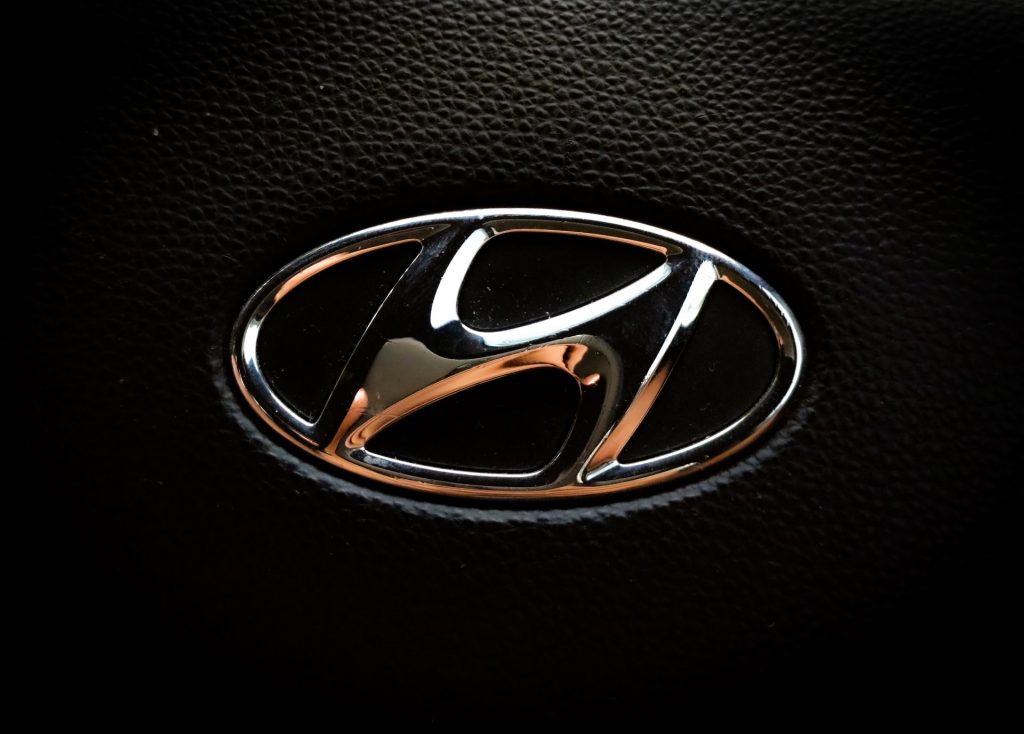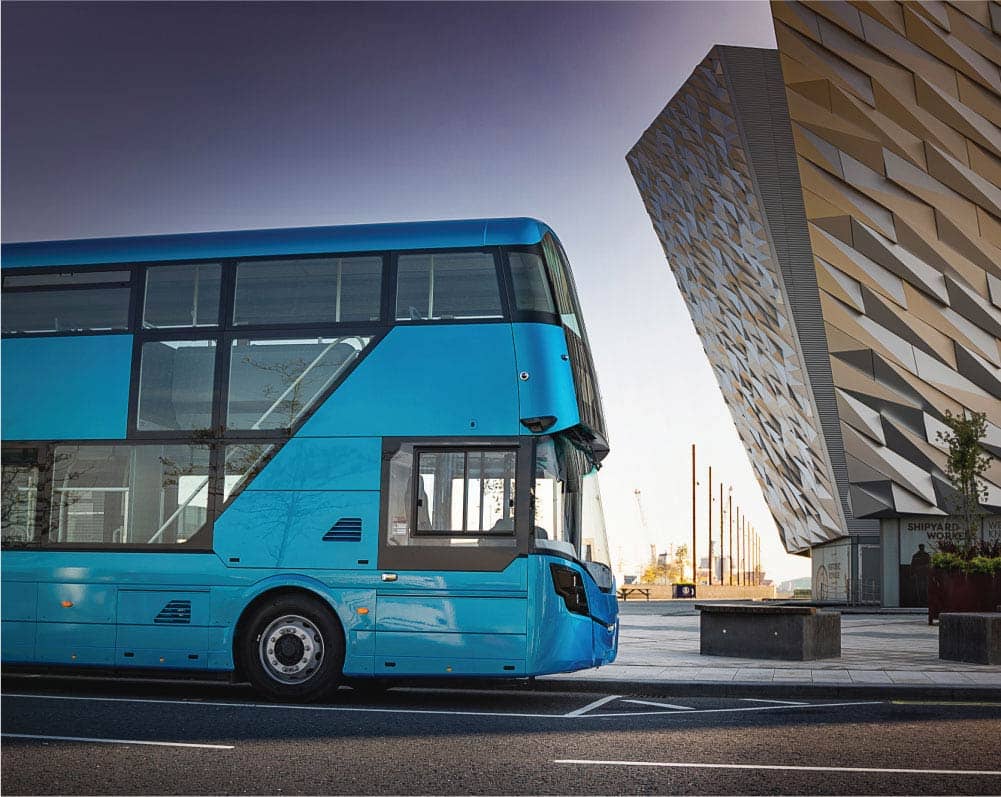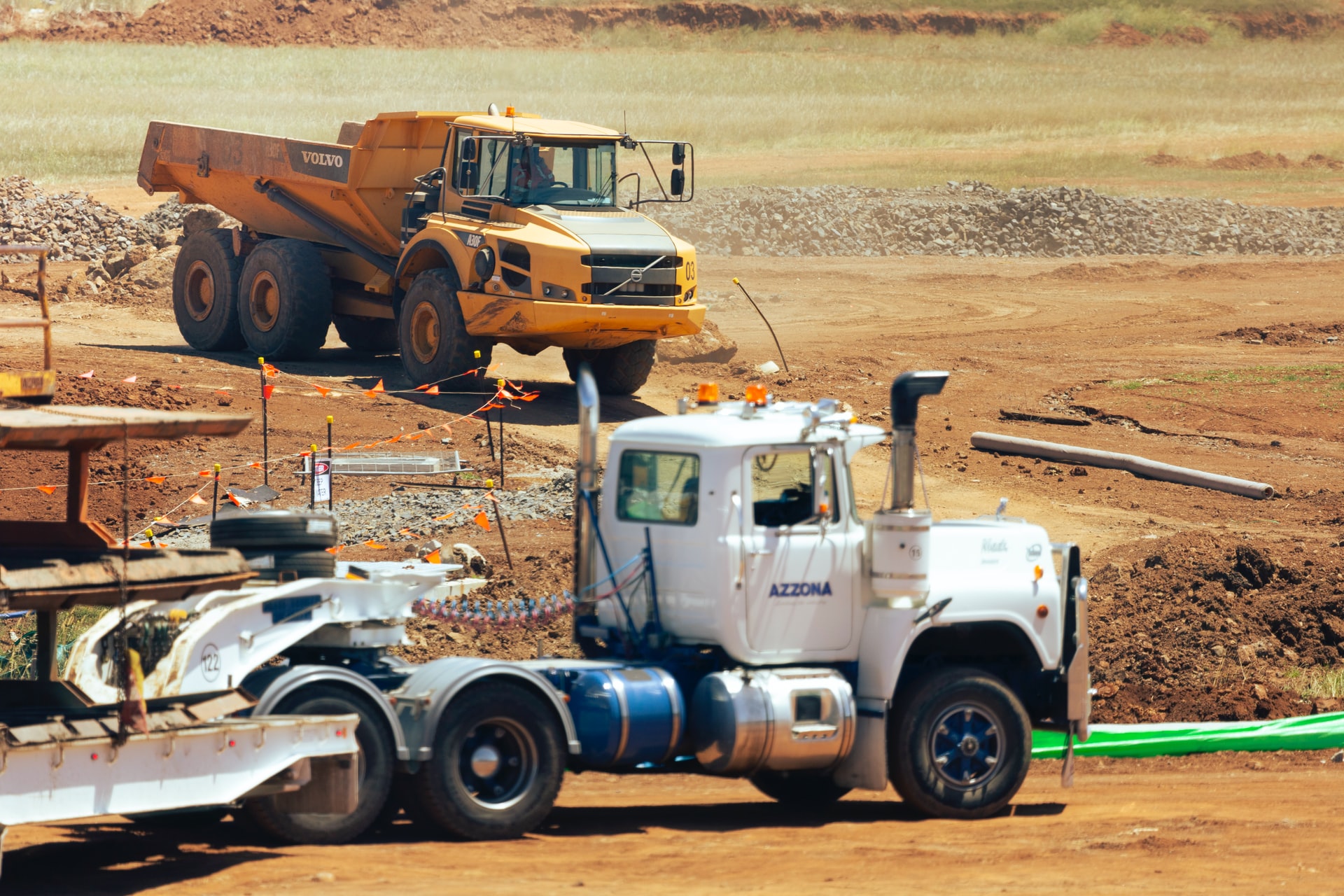As the global transport sector rushes towards a net zero future, hydrogen fuel cells will come to dominate heavy-duty vehicles, including buses, trains, trucks, shipping and aviation, according to a report by Rethink Energy.
The speed at which hydrogen fuel cell electric vehicles can be recharged and their superior cycle life and range compared with battery electric vehicles will make them the solution of choice for most heavy vehicles and even some light passenger vehicles, Rethink analyst Harry Morgan wrote in the report.
Creating batteries that are large enough to power larger vehicles creates huge challenges and is, in some cases, not practical because of the growing weight of the battery pack.
Almost 72% of new heavy-duty vehicles will be powered by hydrogen by 2050, with the rest split between batteries and internal combustion engines, the report predicts.
For light commercial vehicles, 13.1% of new vehicles will include a hydrogen fuel cell by 2035, and 29.7% by 2050, by which time 38.7 million fuel cell LCVs will be on the road, about 22% of the total, according to the Rethink forecast. However, battery electric vehicles will make up 50% of the global fleet of LCVs, it says.

The speed at which hydrogen fuel cell electric vehicles can be recharged and their superior cycle life and range compared with battery electric vehicles will make them the solution of choice for most heavy vehicles
“The business case of fuel cells in transport lies around two key characteristics: Energy intensity, the percentage of a vehicle’s weight that is the fuel itself; and Utilization, the percentage of time that the vehicle needs to be in motion,” Morgan says in the report.
This means that even for smaller passenger vehicles, hydrogen will find a niche, mostly among taxis, which need to be on the road for as long as possible.
Overall, Rethink expects to see hydrogen fuel cells accounting for 3.1% of vehicles on the road by 2050, an increase in volume to 54.2 million from 40,000 today.
Between them, batteries and fuel cells will help global transport emissions fall by 65% from 2022 levels by 2050, according to the report.
The vehicles that will make all this possible are already being built. Last week, Volvo Trucks unveiled a hydrogen-powered articulated vehicle with a 1,000 km range (similar to its fossil-fuel equivalent) and a refuelling time of 15 minutes.
Hyundai delivered its first fuel cell trucks to Switzerland at the end of 2020, while America’s Hyzon Motors arrived in the Netherlands in mid-2021 with plans to sell 1,000 hydrogen trucks and build 25 refuelling stations in Europe by 2025.

Hyundai delivered its first fuel cell trucks to Switzerland at the end of 2020
There are more than 60 members of the HyTrucks consortium, which was founded in early 2020 to establish standards for hydrogen trucks, refuelling and related infrastructure.
In the UK, Wrightbus has been putting hydrogen-powered buses on British roads since 2021 and recently made significant sales in Germany and Australia.
New launches have also shown the potential for hydrogen in the light commercial vehicles segment. In May, First Hydrogen announced that its hydrogen-powered LCV will begin operational testing this June, with the expectation fleet operators will begin trialling them by September.
Its van will have 310 miles of range, according to the Worldwide Harmonised Light Vehicle Testing Procedure. That compares with just 71 miles for the equivalent battery electric vehicle under the same conditions.

In the UK, Wrightbus has been putting hydrogen-powered buses on British roads since 2021 and recently made significant sales in Germany and Australia.
Another pioneer in the LCV category over the past year has been Renault, which in June 2021 created HYVIA, a joint venture with U.S. hydrogen fuel cell manufacturer Plug Power. HYVIA has unveiled 3 hydrogen-powered light vehicle prototypes in the first 12 months of its existence, all of which are expected to be available by the end of this year.
Hydrogen fuel cells produce no emissions beyond water vapour and have a considerably lower total environmental impact than batteries, which currently rely on extensive mining of rare earths and metals.
All the more reason to embrace hydrogen in heavy vehicles.
To learn more about Ryze Hydrogen click here.






